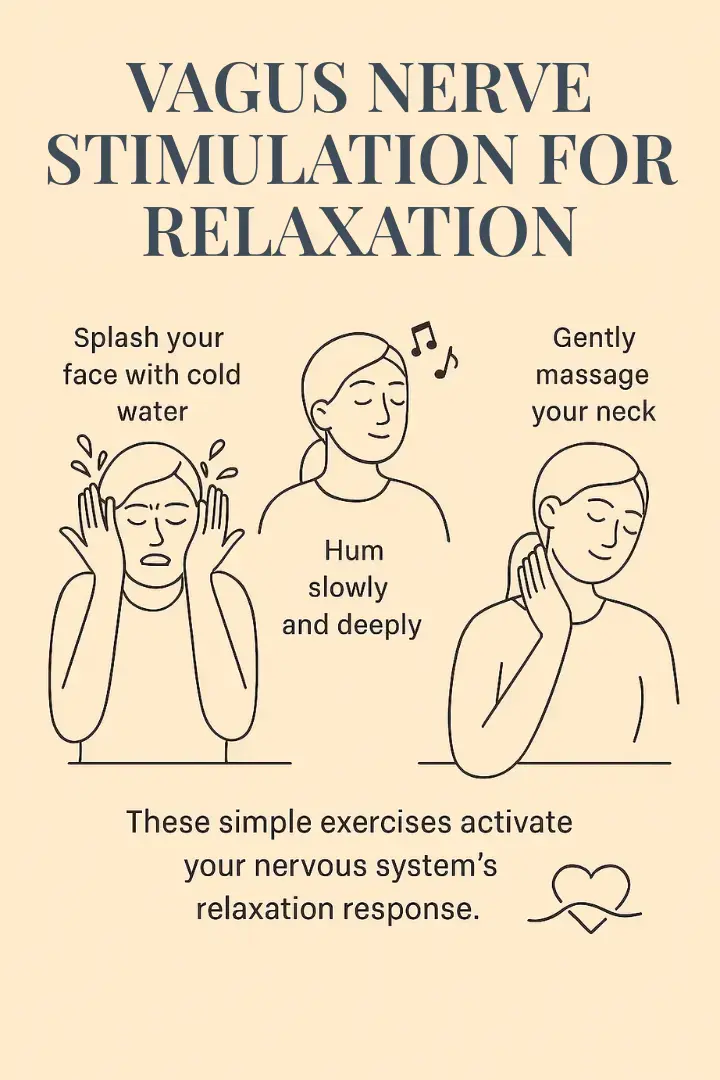Movement for Anxiety Relief: Calm Your Nervous System with Gentle Stretching
- Kai Bailin

- May 10, 2025
- 2 min read
When anxiety tightens your chest, quickens your breath, and floods your body with tension, moving your body might feel like the last thing you want to do. However, gentle movement and stretching can be exactly what your nervous system needs to reset and relax.
Movement doesn't just burn off nervous energy—it actively signals your body that you're safe, helping shift from a heightened fight-or-flight response back to calm.

How Movement Eases Anxiety
Anxiety activates your sympathetic nervous system, preparing you for action—muscles tense, heart races, and breathing becomes shallow. Gentle movement completes the stress response cycle, signaling to your brain that the threat has passed and that it's okay to relax again.
Research shows regular physical activity improves nervous system regulation, reduces cortisol (stress hormone) levels, and enhances overall emotional resilience.
Simple Movements to Ease Anxiety
These easy, practical exercises can quickly soothe your nervous system and relieve anxiety:
1. Gentle Stretching
Neck Rolls: Slowly roll your head from side to side. This releases tension stored in your shoulders and neck.
Forward Fold: Stand and gently fold forward from your hips. Allow your head and arms to hang loosely. This stretch calms the nervous system by increasing blood flow and reducing tension.
2. Shaking and Releasing
Shake it Out: Stand or sit comfortably and gently shake your hands, arms, and legs. Shaking is a natural response that animals use after stress, helping discharge tension and adrenaline.
3. Mindful Walking
Walk Mindfully: Even a short, slow walk can be effective. Focus on the sensation of your feet touching the ground, notice your breath, and let the rhythmic movement soothe your nervous system.
When to Use Movement for Anxiety Relief
After stressful interactions or meetings
Before anxiety-inducing tasks (e.g., public speaking)
Anytime you feel physical or emotional tension building up
As a regular daily practice to maintain overall emotional health
Final Thought
Using movement for anxiety relief doesn't have to mean intense workouts or hours in the gym. Simple, gentle stretches and mindful movements can profoundly impact your nervous system's ability to relax and recover.
Integrate these exercises into your daily routine, and you'll likely notice fewer spikes in anxiety and a greater sense of overall calm.
Read more in the series: 7 Ways to Calm an Overactive Nervous System →




Comments